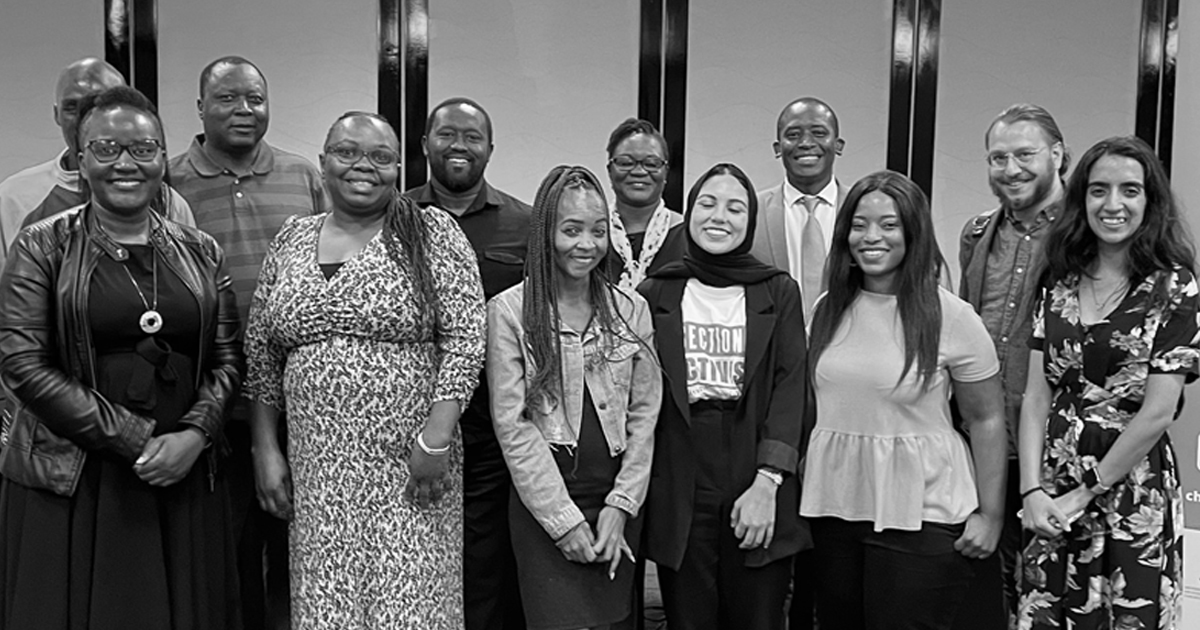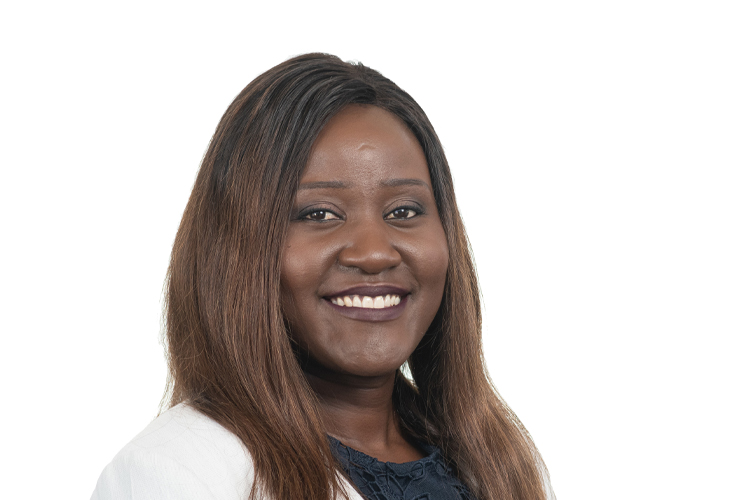On 27 February 2023, the Disability Rights Unit at the Centre for Human Rights hosted a dialogue on the newly adopted Guidelines_on_Deinstitutionalization.pdf, including in Emergencies (‘the Guidelines’). The adoption of the Guidelines was announced by the Committee on the Rights of Persons with Disabilities on 9 September 2022. The primary objective of the Guidelines is to provide guidance to States Parties on how to ensure that persons with disabilities realise the right to live independently and to be included in the community as stipulated in article 19 of the Convention on the Rights of Persons with Disabilities, with a focus on the deinstitutionalisation process. The dialogue sought to introduce stakeholders to the substantive content of the Guidelines and to examine their use in African advocacy initiatives to promote the right to live independently and be included in the community.
The event brought together stakeholders from various African countries including South Africa, Kenya, Zimbabwe, Eswatini, Mozambique and Uganda. Participants and presenters at the dialogue highlighted the fact that institutionalisation in Africa takes various forms including mental health facilities, places of detention such as prisons, and prayer camps. Some forms of institutionalisation, particularly, prayer camps, are driven by negative cultural and religious beliefs treating mental disability, in particular, as a form of demonic affliction. As a result, religious and traditional leaders as well as families take their relatives with mental disabilities to churches and traditional healers so they can exorcise the demonic spirits. Regardless of the form it takes, institutionalisation is characterised by structural, social, and internalised stigma and violates the right to be treated with dignity and respect. The situation in Africa is further exacerbated by the existence of discriminatory mental health laws in most African countries and the lack of legislation providing for the right of persons with disabilities to live independently and be included in the community.
The Guidelines are therefore important because they reiterate the duty that States Parties have to deinstitutionalise and promote independent living. More importantly, the Guidelines provide guidance on how to implement the process of deinstitutionalisation. Participants highlighted the importance of conducting awareness raising campaigns to educate persons with disabilities on the Guidelines and the right to live independently and to be included in their communities. Equally important is the need to raise awareness amongst parliamentarians, members of the judiciary and other state actors on the Guidelines. Legislative reform is also required in most African countries to abolish laws that sanction the institutionalisation of persons with disabilities.
At the close of the dialogue, participants conceded that deinstitutionalisation is a complex process that will take time to implement. Nevertheless, the Guidelines provide a good starting point around which conversations can begin to take place.
For more information, please contact:
Tel: +27 (0)12 420 6398
dianah.msipa@up.ac.za



